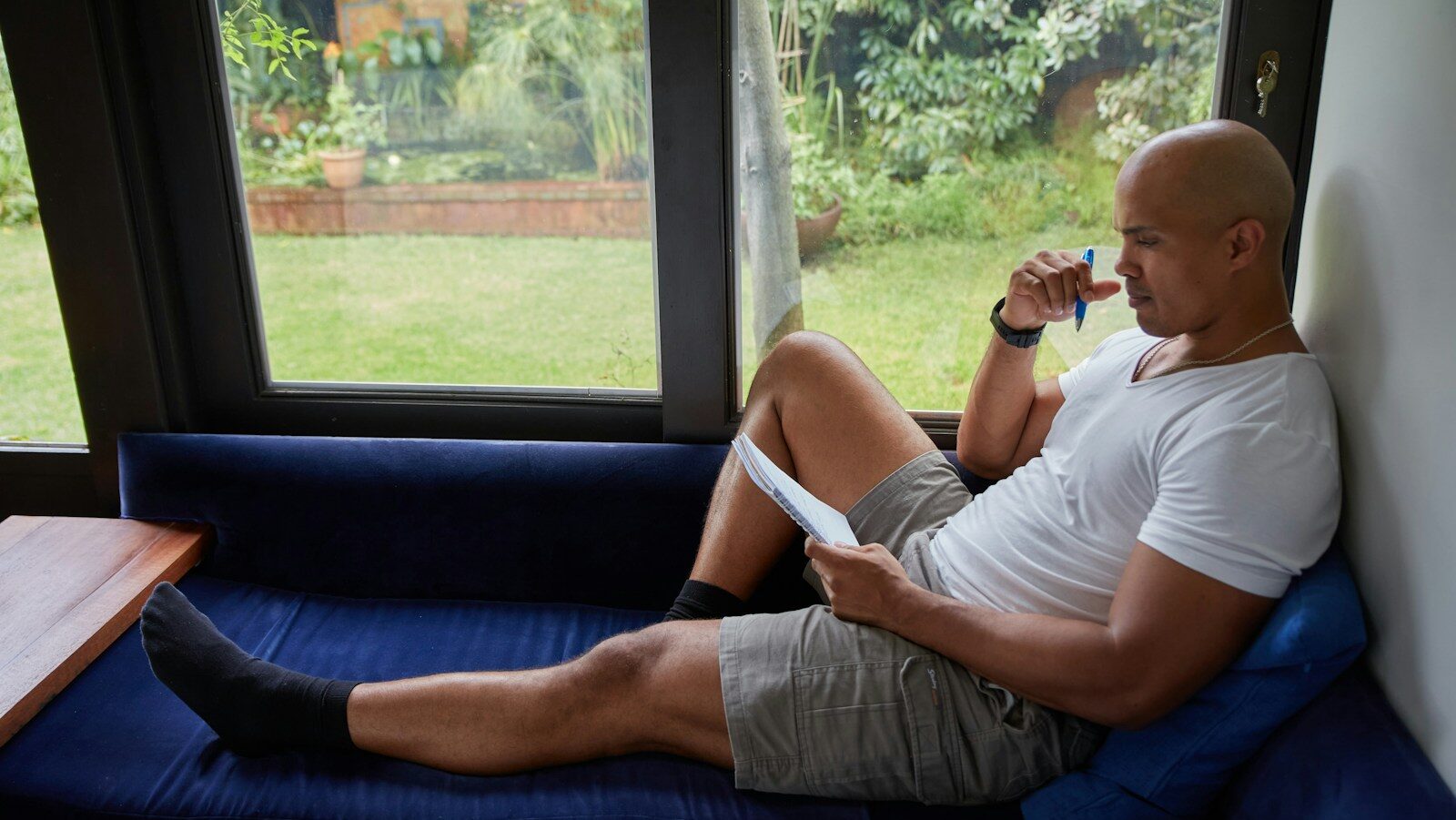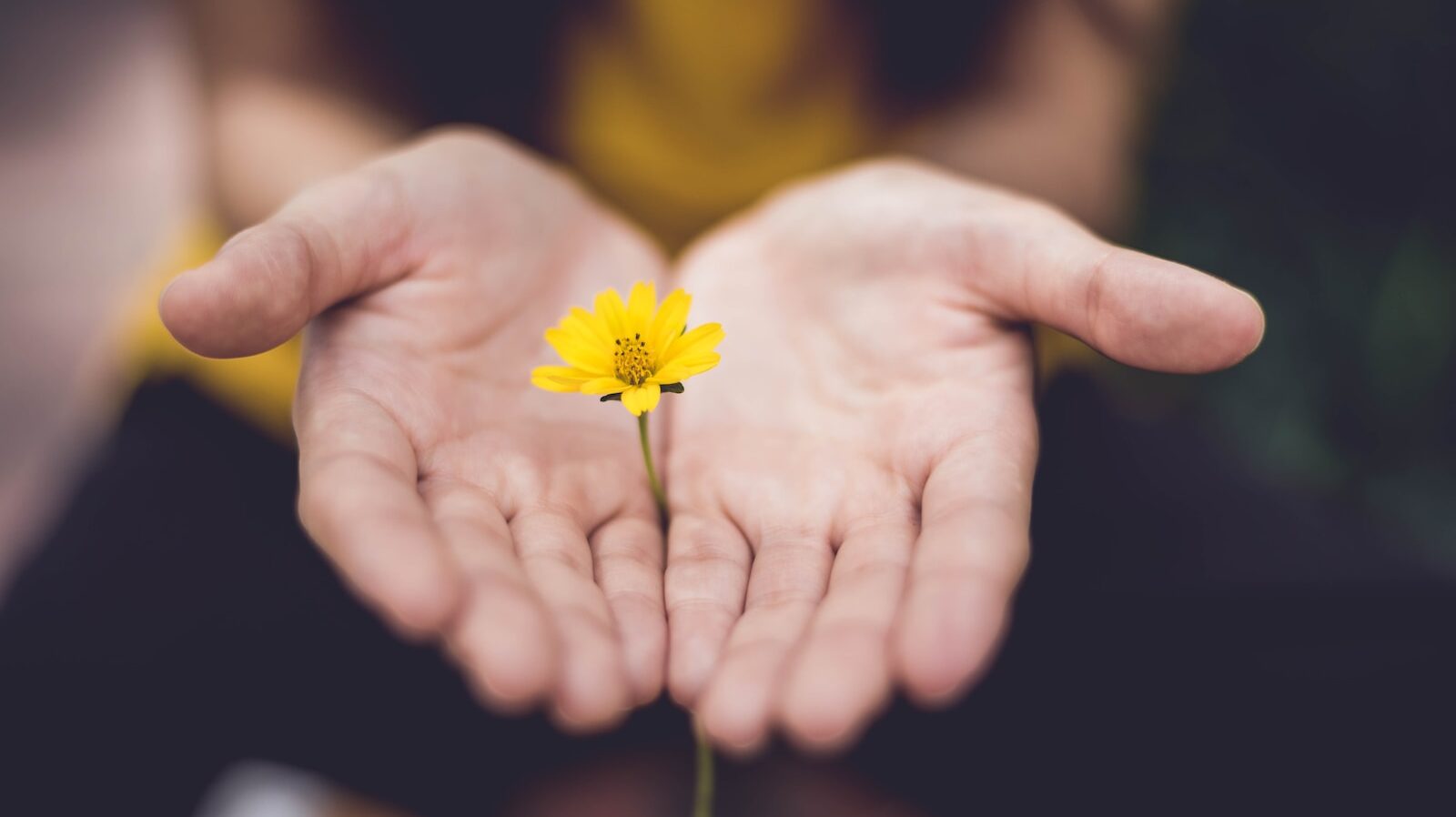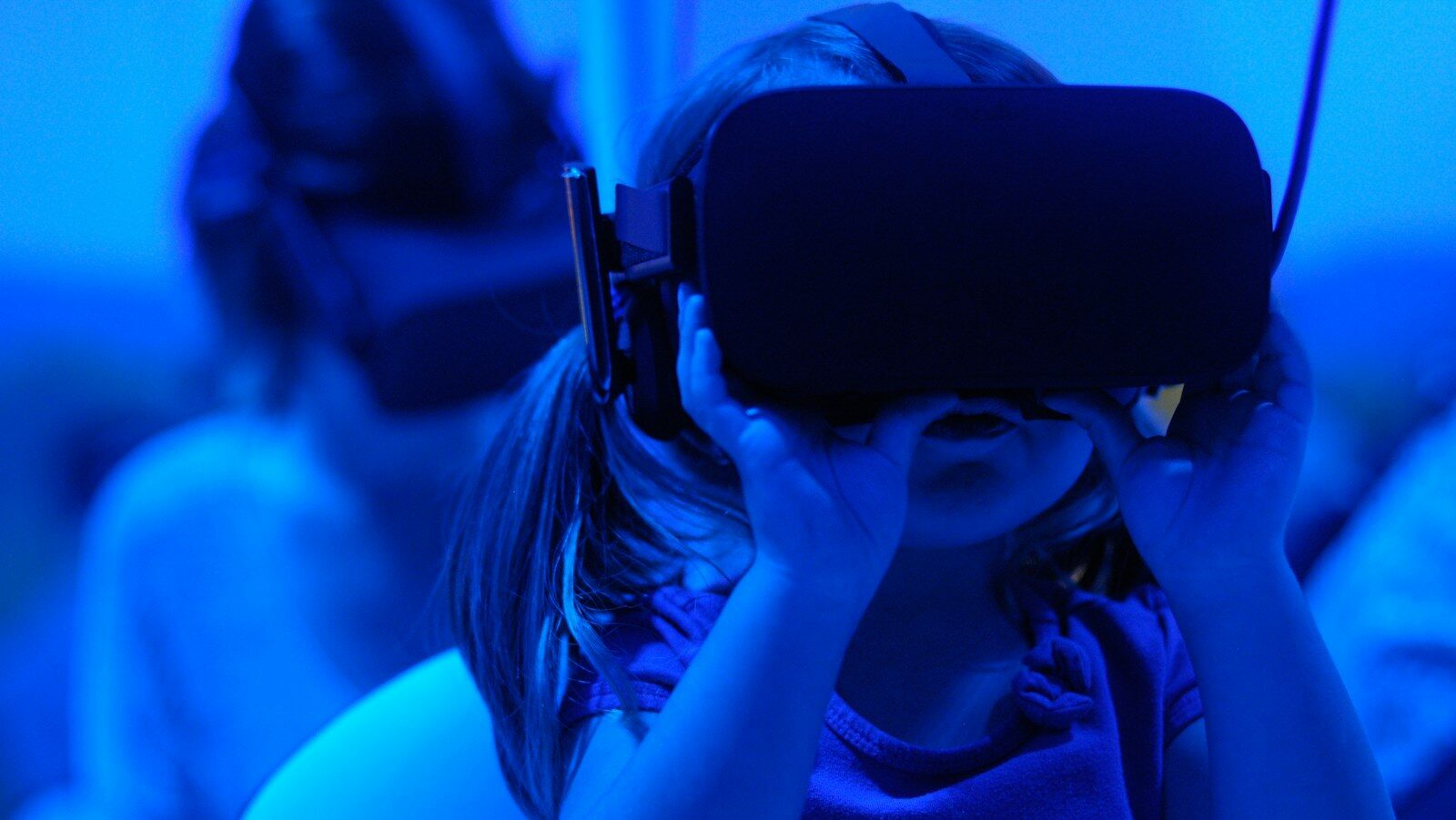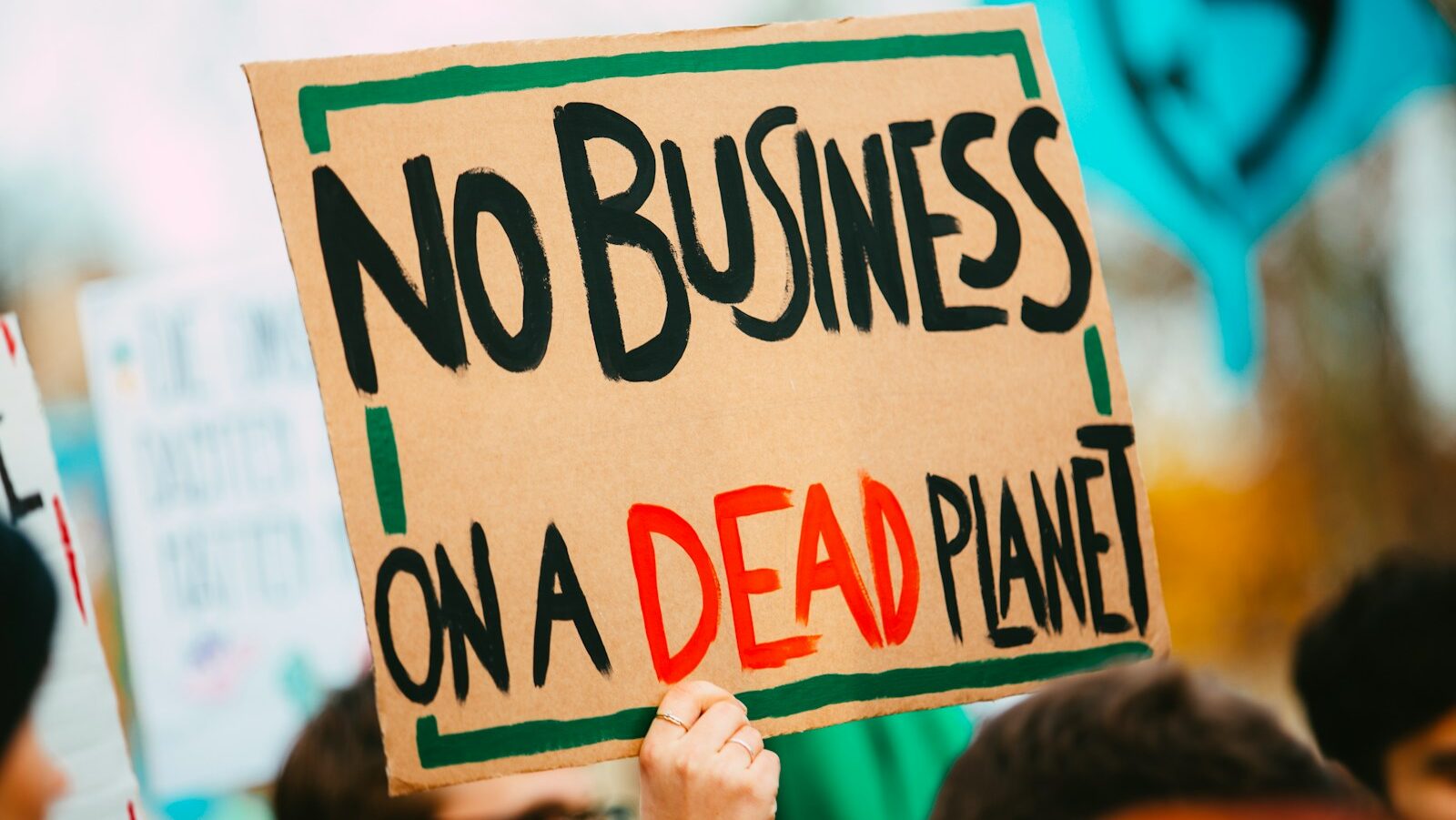Healing the self, healing the earth: The role of inner development in climate restoration
The scope of environmental degradation and climate change can leave sustainability leaders feeling overwhelmed and helpless. Coaches play an integral role in supporting inner development, empowering sustainability leaders to engage in long-term environmental action.
Challenge:
Workers in the sustainability industry face heightened risks of burnout due to the relentless nature of their work.
Opportunity:
Coaches offer invaluable support in helping clients navigate complex emotions and prioritize personal well-being.
Impact:
Sustainability leaders who prioritize self-care are better equipped to serve both their communities and the environment.
Wisdom Weavers
Addressing climate anxiety and an overall lack of empowerment can address sustainability industry burnout
In the realm of sustainability, the urgency of climate action plus the complexity of environmental challenges often leads individuals grappling with feelings of anxiety, overwhelm, and defeatism. Despite passion for driving positive change, the relentless nature of this work can take a toll on mental and emotional well-being. However, amid these challenges, coaching offers guidance to navigate the complexities of climate anxiety and establish sustainable self-care practices.
Within the sustainability sector, the toll on mental well-being cannot be ignored. Wisdom Weaver and Climate Change Coach Charly Cox, observes the intrinsic link between personal well-being and broader environmental challenges through her work. She suggests, “We can probably make some fairly compelling links between the way that people feel in terms of their mental well-being and the way we live and run our societies.” Charly advocates for a paradigm shift toward what she calls Inner Development Goals, recognizing that addressing societal and environmental issues requires an inward journey. The purpose of the Inner Development goals is to equip future leaders in sustainability by addressing current skills gaps. This reframing of the Sustainable Development Goals underscores the urgent need for individuals to cultivate inner resilience as a means to navigate the complexities of sustainability work.
Well-being Advisor and Coach, Wisdom Weaver Réka Deàk further emphasizes the importance of introspection in the quest for well-being. She highlights the paradox of individuals striving for physical health while neglecting their mental and emotional needs: “How can we achieve the sustainable development goals if we do not do the inner work to change ourselves on the inside?” Réka advocates for a holistic approach to well-being — one that encompasses both personal growth and societal change. This means aligning personal transformation with broader sustainability goals as part of the process of growth.
For the sustainability industry, prioritizing inner development and well-being means individuals can mitigate burnout and cultivate the resilience necessary for sustained engagement with environmental challenges. This approach not only benefits individual practitioners but also strengthens the collective capacity to effect meaningful change in the face of adversity.
Coaches can guide clients on a journey of inner development that drives pro-environmental action
With the global reality of climate change, coaches play an important role in guiding sustainability leaders on a journey of self-care as a catalyst for pro-environmental action. Speaking from a perspective in global health and community development, Wisdom Weaver Sam Brakarsh challenges the notion of self-care as a passive, individualistic endeavor and encourages individuals to engage actively with the world around them. Sam advocates for a wellness approach that not only nurtures individuals but also fosters collective action and systemic change, envisioning a form of well-being that transcends individualism and recognizes the interconnectedness of individuals, communities, and larger systems.
“Wellness has to be accountable. It has to be accountable to the community and to broader systems of events around us. So much of the world is burning, and wellness has to engage with that. Wellness cannot simply be: ‘How do I take care of myself, and how do I engage in self-care in the face of so much hardship?’ There has to be a conversation with the world around how we all act and engage in oppressive systems.”

Similarly, Charly highlights the interconnectedness between mental well-being and environmental health, advocating for deeper connections with nature as a means of breaking destructive cycles. She elaborates, “Before we think about the climate crisis, there is a mental health crisis to consider. These things are connected. Our poor well-being then shows up in the poor health of the planet because that consumption is driving damage to the environment.” Charly illuminates a cyclical pattern where some individuals seek solace in consumption to cope with difficult emotions — a pattern that not only exacerbates personal debt but also contributes to environmental degradation. She posits that by fostering deeper connections with others and with nature, individuals can break free from this destructive cycle. Coaches, with their capacity to facilitate introspection and connection, play a pivotal role in guiding individuals toward healthier coping mechanisms and fostering a greater appreciation for the natural world.
The field of coaching is uniquely positioned to help individuals navigate complex emotions associated with environmental challenges and cultivate resilience in the face of adversity. By providing a supportive space for clients to explore their values and motivations, coaches can support them in aligning their personal well-being with pro-environmental action. This integration of self-care and environmental stewardship not only enhances individual fulfillment but also contributes to the collective effort toward sustainability.
Job growth in the green economy and youth interest in sustainability work will drive interest in climate-responsive coaching practice
Growth in the green economy and the increasing interest among youth in sustainability work signals a growing need for climate-responsive coaching practices. As an example of self-care engagement, coaches can challenge harmful norms of busyness and burnout, empowering individuals to prioritize self-care and resilience. By advocating for inner development and balance, coaches foster a culture of sustainability and well-being in the workplace.
“Burnout is a huge problem in the sustainability sector because people are doing something so important they cannot possibly take a break. Our message to them is that they are accidentally imitating the paradigm they are actively working to change. In wanting to change the world, the best place to start is with personal care as an act of rebellion.”

The increasing green economy represents a culture shift in business that prioritizes planetary impact along with traditional impact measures. The World Economic Forum emphasizes the role of green industry on the creation fairer economies: “Green growth is the central economic transformation and investment opportunity ahead of us.” When individuals pursue careers aligned with environmental sustainability, the demand for support in navigating the complexities of this work is likely to increase in the future. As the growth of green economies continues forward, climate-responsive coaches will see a shift in client goals and work toward empowering clients with tools for self-care and resilience.
Increasing interest among youth in sustainability work underscores the importance of early intervention and support. For example, Youth in Asian countries show an increasing demand for green jobs that connect their vocational and sustainability passions. In response to this increase, the UN Global Initiative Green Jobs for Youth Pact, aims to address the green skills gap in developing countries, inspires meaningful self-care engagement. By equipping young professionals with the tools and strategies to prioritize self-care and resilience, climate-responsive coaches can empower them to navigate the challenges of sustainability work with confidence and efficacy.
In essence, as the green economy continues to expand and youth interest in sustainability work grows, the role of climate-responsive coaching practice becomes ever more essential. By advocating for inner development and balance in the pursuit of environmental goals, coaches can catalyze a transformative shift toward a more sustainable and equitable future.
A Call to Action for Coaches
Coaches supporting clients in social and environmental impact careers must prioritize client well-being, even when it conflicts with performance goals. Guiding clients to understand the connection between self-care and sustained impact counters the belief that overwork and burnout are inevitable markers of success. This means advocating for a future of coaching where self-care is a necessity, not a luxury, empowering clients to cultivate resilience for navigating their work with purpose.
Coaches can help clients redefine success in impact careers by emphasizing holistic well-being over relentless achievement. Through coaching guidance, clients can recognize that true effectiveness arises from a balanced approach to work and life. Coaching can foster profound change — both in individual lives and in the broader landscape of social and environmental impact. By committing to nurturing well-being for sustainable impact, coaching shapes a future where success is measured not just by results but by the health and fulfillment of those striving for change.
Transformational Questions:
- How can coaches help workers in the sustainability industry embrace self-care?
- What would an inner development approach to sustainability look like in the workplace?
- How can coaching develop strategies to encourage environmental sector organizations to embrace a culture of self-care?
- How might sustainability workers fuel their passion for climate justice through their own commitment to personal health?
- What would a coaching agreement focused on inner development look like?
- What role can coaching play in strengthening a balanced approach to self-care and sustainability?
Learn more about self-care for planetary sustainability:
- Dig deeper into Inner Development Goals.
- Read the Climate Critical report on burnout among sustainability workers.
- Explore the latest research from the Stanford Social Innovation Lab on the relationship between inner well-being and social change
- Learn about Green Job Growth from the Brookings Institute.





